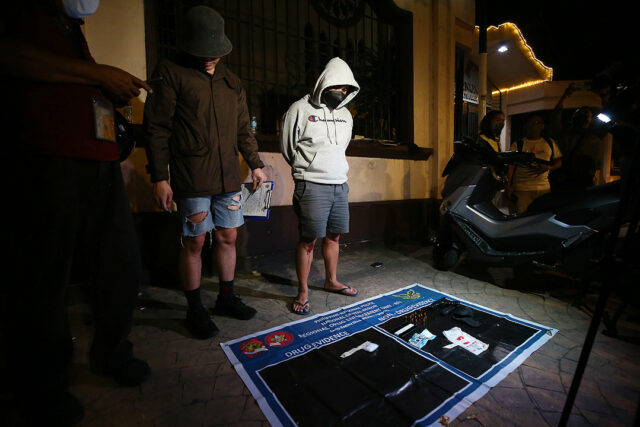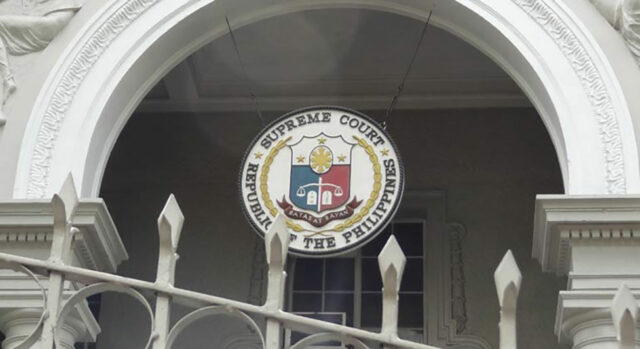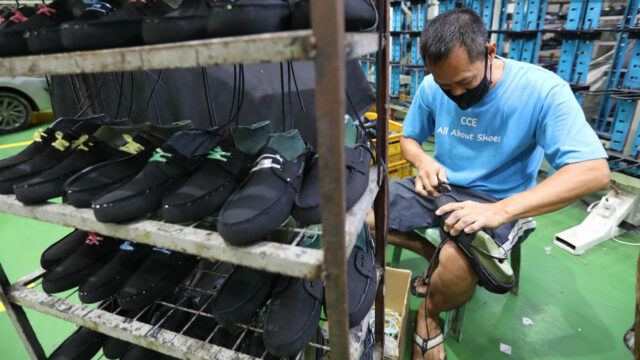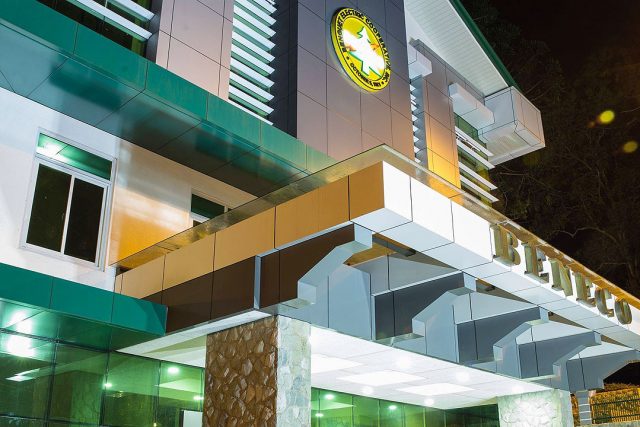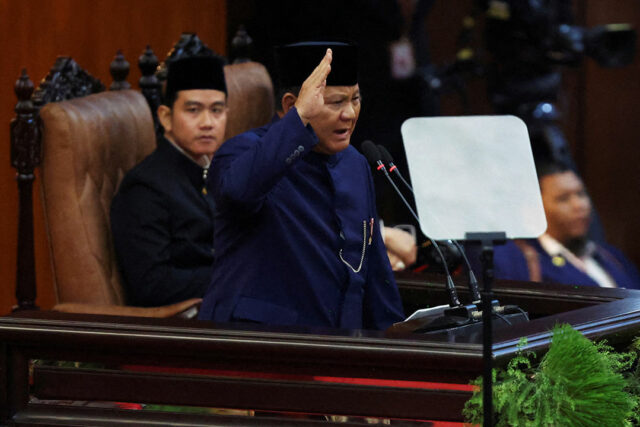Policy analysts buck DoE call to allow automatic price increases within range
By John Victor D. Ordoñez, Reporter
PHILIPPINE lawmakers should expand the Energy Regulatory Commission’s (ERC) pool of technical staff to ease the administrative workload in approving power price petitions, while tightening regulatory frameworks in the approval process to ensure fair pricing, analysts said at the weekend.
“The mandate to exercise regulatory power to serve the public interest is more important than streamlining the approval process and reduce the quasi-judicial burden of the ERC,” Terry L. Ridon, a public investment analyst and convenor of think tank InfraWatch PH, said in a Facebook Messenger chat.
“The remedy to resolve these administrative concerns is to expand the technical staffing of the commission to ensure the time-sensitive approval of various petitions before it,” he added.
Energy Undersecretary Sharon S. Garin last week urged senators to amend the ERC charter to allow price increases without regulatory approval as long as these fall within a set benchmark or bracket.
This would allow the ERC to do away with the cumbersome approval process that power distributors have complained about, she told a Senate energy committee hearing that is looking at changes to the 23-year-old Electric Power Industry Reform Act (EPIRA).
The Department of Energy (DoE) is finalizing proposals for penalties the ERC can impose in cases of economic sabotage in the power generation sector, Ms. Garin said earlier.
In his third address to Congress, President Ferdinand R. Marcos, Jr. sought a review of EPIRA to address issues hounding the energy sector, particularly high energy prices.
“The electricity sector is a natural monopoly that demands stringent regulatory oversight because it is so critical and affects every aspect of economic and domestic life,” Jose Enrique “Sonny” A. Africa, executive director at think tank IBON Foundation, said in a Viber message.
“Streamlining processes and removing regulatory checks is just empowering power firms to adjust prices more conveniently and according to their profit motive,” he added.
He added that unchecked price increases would make life difficult for lower-income households and small businesses.
Senator Sherwin T. Gatchalian earlier said Congress should empower the ERC to fast-track the approval of power supply deals to fix constant blackouts in the country.
Energy Undersecretary Rowena Cristina L. Guevarra told senators in May that 4,000 megawatts of power might be added to the country’s power generation capacity by the end of the year.
She said some power plants that eye setting up shop this year are falling behind in the application process but are ready to start operations.
Analysts earlier said lawmakers should limit cross-ownership and address privatization concerns under EPIRA to boost competition.
Think tank Center for Energy Research and Policy said cited the need to reform the power procurement process and increase investment incentives to boost competition.
It has also recommended enhancing the regulatory powers of the Energy department and the ERC.
EPIRA restructured the electric power industry by privatizing the generation, transmission, distribution and supply of power in 2001.
Under Section 5 of the law, cross-ownership — the concentration of ownership in two or more related businesses — is only outlawed between a transmission company and any company in generation and distribution.
“Regulatory bodies like the ERC are needed as counterweights to market forces and checks on regulatory capture, ensuring that the electricity sector operates transparently, equitably and for the broader public welfare,” Mr. Africa said.



